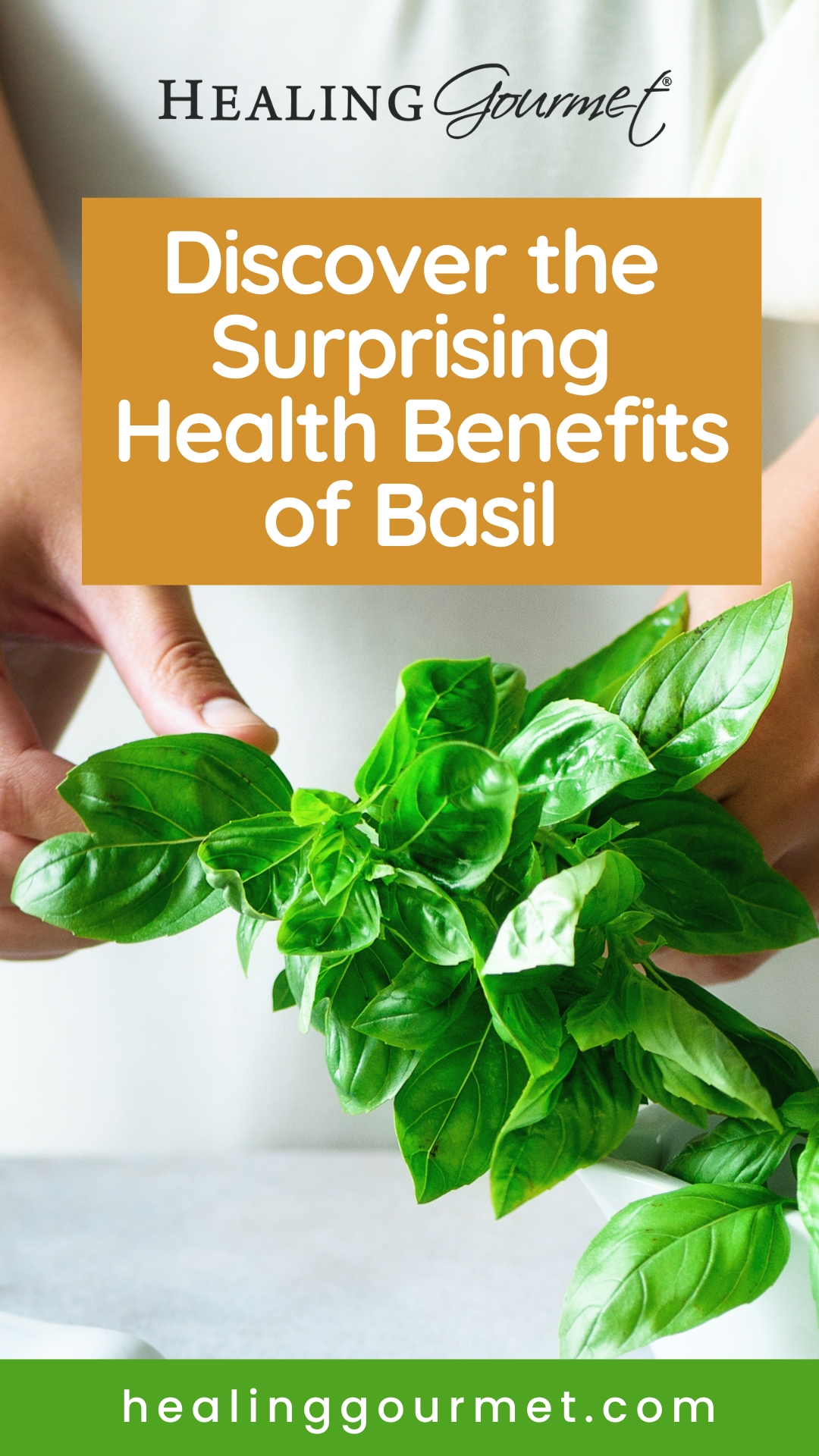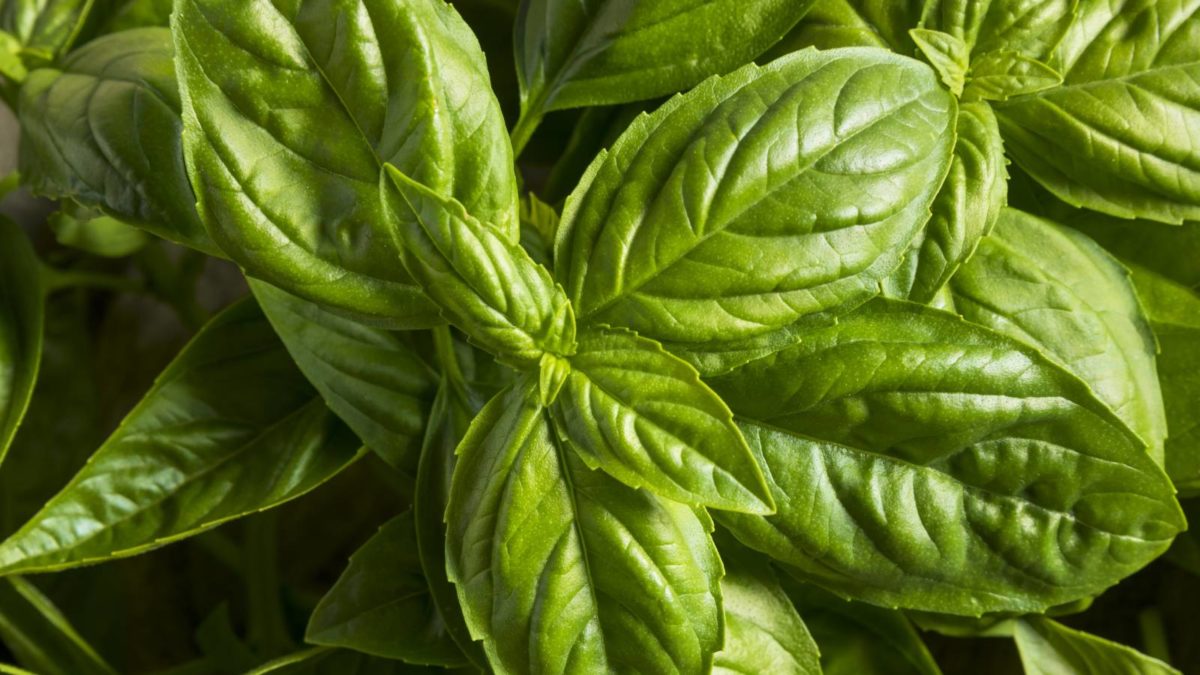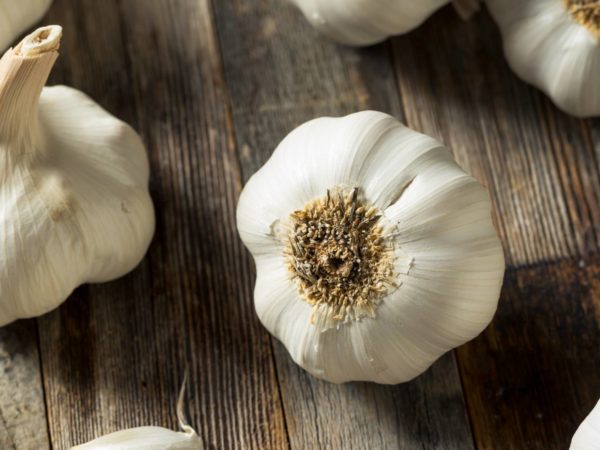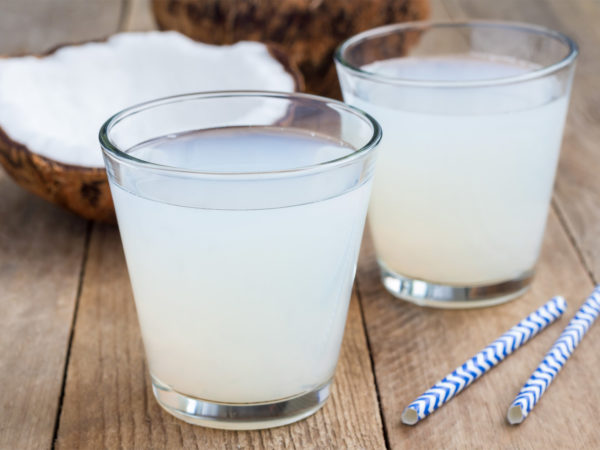Rediscovering Basil: Major Benefits beyond Aroma & Flavor
It’s no secret that basil is a kitchen staple, used to add more flavor and aroma to dishes. But what most people don’t know is that its uses and benefits go way beyond its culinary applications. In fact, there’s nothing ordinary about this everyday herb.
Basil: The Unsung Hero that Keeps Bacteria at Bay
Before you decide to use antiseptic solutions, antimicrobial ointments or pop another antibiotic pill, you may want to read on and find out how basil can benefit you by warding off and eliminating bacteria from your system.
Basil contains an active group of elements called flavonoids, plant compounds which provide protection at the cellular level. In particular, the two primary flavonoids in basil are called, orientin and vicenin. These two compounds have been identified as the critical components that help protect cell structures and chromosomes against oxygen-based free radical damage.
If you don’t exactly care for the thought of sharing your body and living spaces with unwanted bacterial growth, the volatile oils of basil, which contain cineole, linalool, estragole, myrcene, sabinene, eugenol and limonene have also been shown to contribute to basil’s antibacterial properties.
Studies have shown that basil is capable of restricting the growth of a number of bacteria, including
It has also been proven that the essential oils derived from basil leaves can effectively inhibit a large number of pathogenic bacteria species.
In fact, one study conducted in June 2003 and published in Microbiology Methods, showed that these essential oils are very effective at inhibiting strains of bacteria such as, Staphylococcus aureus, Listeria monocytogenes, Escherichia coli and others. These bacteria are not only known to be pervasive and potentially dangerous, but strains of these pathogens have become resistant to common antibiotic medications.[i]
Another study published in Food Microbiology in 2004, provides evidence that washing with a solution that contains basil – even in the exceedingly low concentration of 1% — resulted in a dramatic drop in the number of Shigella. This is a type of infectious bacteria known to trigger diarrhea and cause intestinal damage.[ii]
And to think most of us consider basil a lowly garnish!
These studies are now being used to develop basil as natural preservative. But why wait for the food scientists to come up with something, when you can enjoy the healthy goodness of basil by adding it to your favorite recipes?
It is particularly effective when used on foods that are not cooked, such as salads. So the next time you add basil to your vinaigrette, think beyond enhancing the flavor of your fresh greens. Basil delivers healthy goodness and antimicrobial protection in every sense.
Chuck Off Your Anti-Inflammatory Medications, Use Basil Instead
The medicinal properties of basil don’t end with its antibacterial action. In fact, the volatile oil, eugenol, has also been used in a number of extensive studies.
This substance has the ability to hinder the action of a certain enzyme called cyclooxygenase (COX). The majority of the non-steroidal over-the-counter anti-inflammatory medications (NSAIDS), which include a number of familiar drugs such as ibuprofen, aspirin and Celebrex and others, all work to inhibit the very same enzyme.[iii]
This enzyme-inhibiting effect associated with eugenol elevates basil to a whole new level as an “anti-inflammatory” food. This includes providing symptomatic relief for those with inflammatory health conditions such as IBD and IBS, rheumatoid arthritis and many other chronic health concerns.[iv]
Basil Also Promotes Cardiovascular Health
And here’s another amazing revelation: basil has also been established to promote better cardiovascular health.
This herb is a great source of pro-vitamin A, which can be easily converted to vitamin A, making it a very powerful source of antioxidant properties, which helps to prevent the oxidation of cholesterol in the bloodstream. This component also protects the epithelial cells, or the lining of the blood vessels.
So the next time you prepare your pasta sauce, be sure to fortify it with more healthy benefits by adding a few sprigs of fresh basil.
Guide to Basil Selection and Storage
Fresh is generally best, so as much as possible stick to using fresh basil over the dried herb. Make sure you pick out ones that are still vibrant in color, without any unsightly dark spots and signs of yellowing.
Aside from obtaining your regular stash of basil from supermarkets, consider exploring better sources of superior quality and fresh basil, such as local spice stores and regular markets.
Whenever possible, select herbs that are organically grown and which have not been irradiated. To preserve fresh basil, wrap it with a slightly moist paper towel then store in the refrigerator.
You can also choose to freeze it, either in its chopped or whole form and stored in airtight containers. If you plan to use basil for stews and soups, you can also freeze it in ice trays submerged in water.For dried basil, you can keep it fresh for 6 months by storing it in a tightly sealed container, preferably made of glass and placed in a dark, cool and dry place.
Basil is no longer “just basil”. It is a powerful healing herb. So, make it the star of your everyday dishes!





Leave a Reply